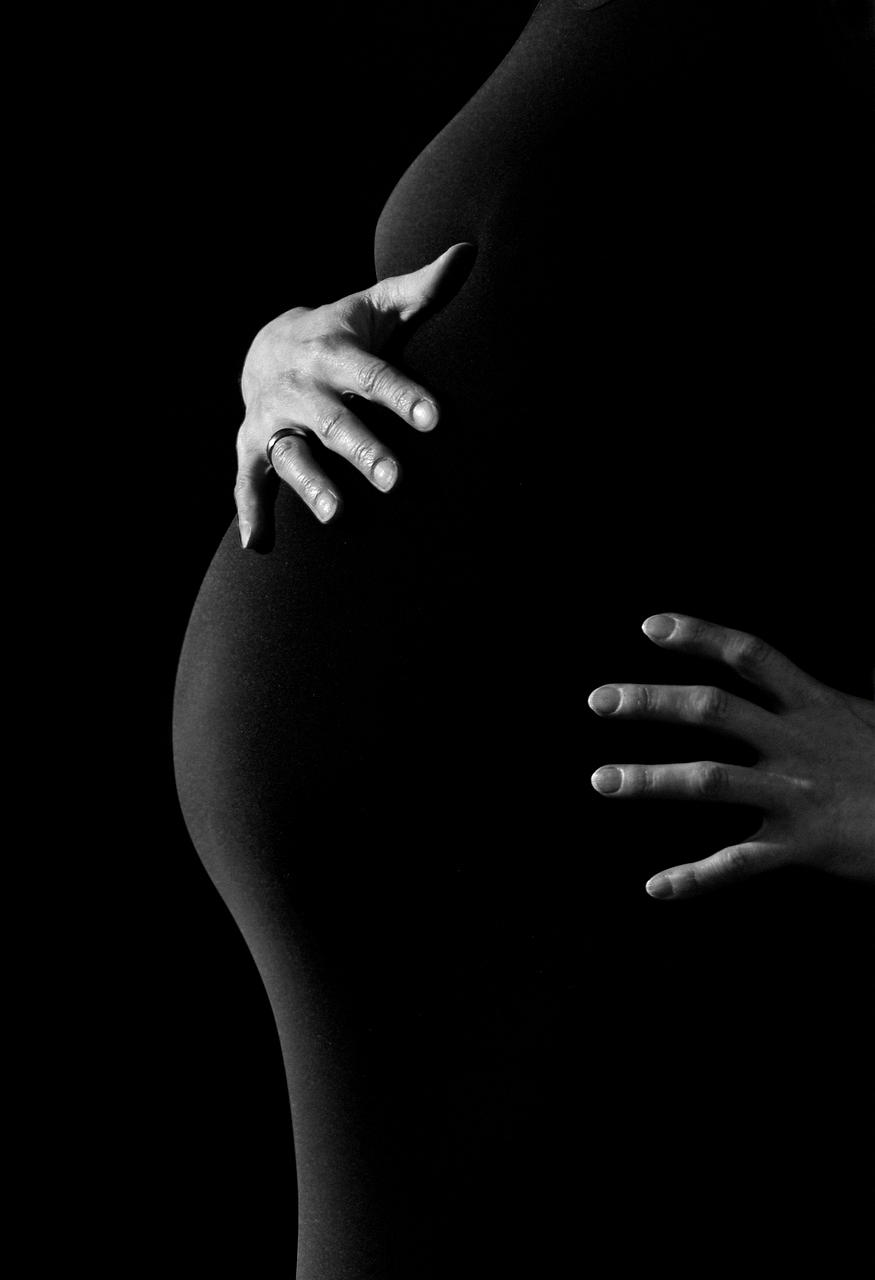Having a baby is a miraculous and life-changing experience. Every birthing journey is unique, with its own set of challenges and joys. One particular aspect that often comes into question is the level of pain experienced during labor, especially when it comes to precipitous births.
When we talk about precipitous births, we are referring to labor that progresses rapidly, typically lasting less than three hours from the onset of contractions to delivery. This swift pace can catch many mothers off guard, leading them to wonder if the intensity of the pain is heightened compared to a more gradual labor process.
One key factor that contributes to the increased pain in precipitous births is the intensity of contractions. With such a compressed timeline, the body often experiences incredibly strong and frequent contractions that can be overwhelming for the mother. The rapid succession of contractions leaves little room for breaks or moments of respite, amplifying the sensation of pain.
Moreover, in traditional labor scenarios, women have the option to choose pain management strategies such as epidurals or other medications to help alleviate the discomfort. However, in precipitous births, there may simply not be enough time for these interventions to take effect. The rapid progression of labor leaves little room for medical interventions, leaving some women to cope with the pain in its rawest form.
It’s essential to consider the psychological aspect of pain as well. The sudden and intense nature of precipitous labor can be emotionally taxing for many mothers. The feeling of being rushed through such a significant moment can lead to heightened anxiety and stress, which can further intensify the perception of pain.
While every woman’s pain tolerance and experience of labor are unique, it is not uncommon for those who have undergone precipitous births to describe the pain as more intense compared to conventional labor. The rapid and unrelenting nature of the process can push the limits of physical and emotional endurance, making it a particularly challenging experience.
It’s worth noting that the increased pain levels in precipitous births do not diminish the strength and resilience of the mothers who go through them. Despite the intense challenges they face, many women find a deep sense of empowerment and pride in overcoming such a demanding labor process.
Ultimately, the pain experienced in precipitous births is a complex interplay of physical, emotional, and psychological factors. While it may be more intense for some women, it is essential to recognize the individuality of each birthing experience and the incredible strength displayed by mothers in navigating the uncertainties and challenges of childbirth.

